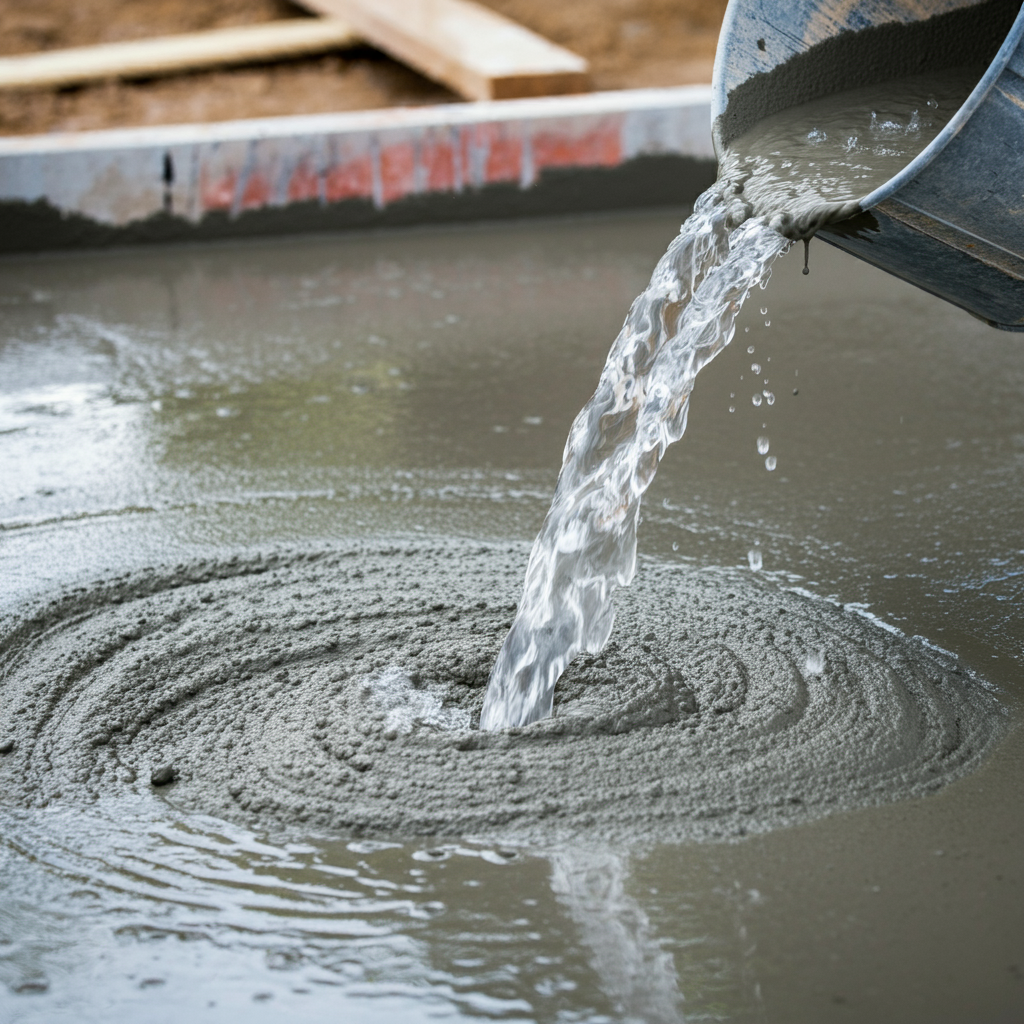The Role of Recycled Water in Concrete: Innovations and Benefits for Renovation
As the construction industry grapples with increasing demand for resources and sustainable practices, the use of recycled water in concrete production emerges as a crucial innovation. This article explores the benefits of using recycled water, its effects on concrete properties, and how it can enhance renovation projects, particularly in New York.
What is Recycled Water?
Recycled water, often sourced from mixer truck washouts, is water that has been used in the concrete production process. It contains a mix of residual cement, aggregates, and other components, making it rich in properties that can influence the hydration and performance of fresh concrete.
Benefits of Using Recycled Water
Utilizing recycled water in concrete production offers several key benefits:
- Environmental Sustainability: Reduces the demand for potable water, which is increasingly scarce due to urbanization.
- Cost Savings: Lower operational costs for concrete plants by minimizing water procurement costs.
- Reduced Waste: Minimizes the disposal of wastewater, promoting a circular economy in construction practices.
The Impact of Recycled Water on Concrete Properties
The incorporation of recycled water affects various properties of concrete, including:
1. Workability and Rheology
Research has shown that recycled water can influence the viscosity and yield stress of concrete mixes:
- Increased viscosity due to the presence of solid particles.
- Modified flowability characteristics, which may require adjustments in water content to achieve desired workability.
2. Strength Development
Using recycled water can enhance early strength development in concrete:
- Studies indicate that concrete with recycled water often shows higher compressive strengths at 3 and 7 days compared to control mixes.
- At 28 days, while recycled water mixes may not outperform standard mixes, they still demonstrate significant strength levels.
3. Long-Term Durability
Concrete made with recycled water has shown comparable durability, reducing permeability and enhancing resistance to environmental factors. This is crucial for maintaining structural integrity in renovation projects.
Data Insights: The Effect of Recycled Water on Concrete Performance
To provide a clearer understanding, we can analyze data from studies examining the effects of recycled water:
| Water Source | 3-Day Strength (MPa) | 7-Day Strength (MPa) | 28-Day Strength (MPa) |
|---|---|---|---|
| 100% Potable Water | 20 | 30 | 40 |
| 50% Recycled Water | 22 | 32 | 38 |
| 100% Recycled Water | 24 | 28 | 36 |
Visualizing the Data: Concrete Strength Over Time
As illustrated in the chart, the initial strength of concrete with recycled water is comparable to that of potable water. This demonstrates the potential of recycled water to perform well in structural applications.
Challenges and Considerations in Using Recycled Water
While there are many benefits, the use of recycled water also presents challenges:
- Quality Control: The chemical composition of recycled water can vary, necessitating stringent quality checks to ensure it meets required standards for concrete production.
- Potential Contaminants: Improperly treated recycled water may introduce contaminants that could affect concrete properties.
- Public Perception: There can be skepticism about using recycled materials, which requires educational outreach to stakeholders.
Case Studies: Successful Implementation in Renovation
Several renovation projects in New York have effectively integrated recycled water:
- Brooklyn’s Eco-Friendly Housing Project: Utilizing recycled water contributed to a significant reduction in water usage, aligning with sustainability goals while ensuring high-quality concrete.
- Manhattan Commercial Renovation: The use of recycled water improved project timelines due to faster curing times, leading to earlier occupancy for tenants.
Engaging the Community: Your Experience Matters!
As New Yorkers, how do you feel about the use of recycled materials in construction? Have you experienced any benefits or challenges in renovation projects? Share your thoughts in the comments below!
How Renovation Services Can Help
At Renovation Services, we are committed to sustainable practices in all our projects. Our team is well-versed in the use of recycled water and other eco-efficient materials, ensuring your renovation not only meets aesthetic standards but also contributes to environmental sustainability.
Client Testimonial
“We were impressed by Renovation Services’ commitment to using recycled materials. The project was completed on time and exceeded our expectations!” – James D., New York Resident
Regulatory Standards and Guidelines
Adhering to local and federal guidelines can help ensure your renovation projects meet safety and quality standards. The U.S. Environmental Protection Agency (EPA) provides guidelines for best practices in construction, including moisture management and material selection. It’s essential to stay informed about these regulations to avoid potential compliance issues.
Conclusion: Embracing Innovation for a Sustainable Future
Utilizing recycled water in concrete production presents a promising solution for enhancing sustainability in the construction industry. As urban populations continue to grow, adopting eco-efficient practices becomes increasingly essential. With Renovation Services, you can be assured that your renovation projects will not only enhance your property but also contribute to a greener future.






